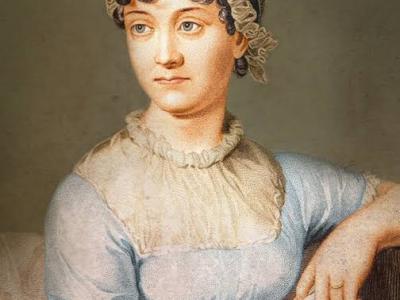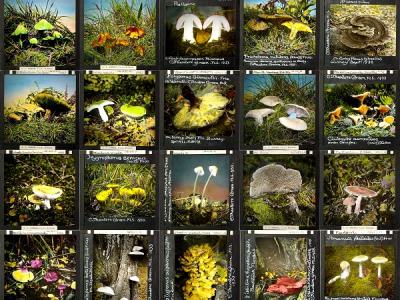The Box’s Planet Ocean exhibition gets an extended closing date and impressive new artwork - The Box, Plymouth
Added: 12 September 2024
The 'Planet Ocean' exhibition has had a major refresh – and had its closing date extended by two months!
It’s proven popular with visitors since it opened earlier this year, thanks to its timely subject matter and combination of natural history specimens, objects from everyday life, works of art and contributions from local organisations and individuals. It will now remain on display until the end of Sunday 27 April 2025, which means that people who visit The Box during the Easter holidays will also get the chance to experience it.
The show has also been given an eye-catching update this week and now includes a beautiful large-scale installation called All the Seas by Devon-based artist Tania Kovats.
Kovats’ ambitious work is formed from a large four-tiered shelving unit stacked with more than 360 glass bottles each containing water from a different stretch of ocean. The water was collected by Kovats plus a number of other people, all of whom were drawn in by the idea of bringing the waters of the world to one place.
All the Seas is a collection of sea water from around the world, generously gifted to the project by a global network of sea water collectors. Though there are many different bodies of water present in the artwork, I think of All the Seas as a work about how water connects us - there is only one water on this beautiful blue planet. Our planetary health depends on the health of our waters and our collective commitment to respect and value them.
Tania Kovats, artist
This is a stand out piece of art in a brilliant exhibition and I’m really pleased to have been able to play a small part in adding something to it which will forever connect it with our city.
Tudor Evans, Leader, Plymouth City Council
All the Seas is the second work by her to go on display in Plymouth in connection with the Planet Ocean exhibition. Bleached, a haunting sculpture that responds to the beauty and fragility of coral in the world’s ecosystem, can be seen on The Box’s first floor balcony.
We can’t wait for our visitors to see and be wowed by All the Seas when they visit Planet Ocean. It’s such a great fit for the exhibition – a hugely participatory work of art that explores the idea of us all being part of one connected ocean. It questions why we create barriers and territory by naming individual seas. In reality, the ocean has no physical borders.
Sarah Marden, Natural History Curator
Latest news
-
Museum Opens for New Season!
Dawlish Museum
-
AGM 2025
Dawlish Museum
-

The David Clement Memorial Lecture: William S Lindsay, shipowner, politician and envoy
Topsham Museum
-

Secret Gardens Programmes on Sale now!
Topsham Museum
-

The Box wins second Muddy Stilettos award
The Box, Plymouth
-

Whiteway's Cyder in the 1920s
Whimple Heritage Centre
-
.jpg&w=400&h=300&zc=1)
Groundbreaking art exhibition arrives at The Box
The Box, Plymouth
-

Open call for artists to work on Changing Stories: Connecting and Collecting with Exeter’s Communities
Royal Albert Memorial Museum and Art Gallery
-
Summer season opening
Totnes Museum
-

Save the Date! Secret Gardens of Topsham, Sunday 8 June 2025
Topsham Museum
-

Full Ahead Lecture Season 2025: Jane Austen and her South West Connections
Topsham Museum
-

Art Exhibition: David Robinson, artist, accountant and sailor
Topsham Museum
-

Full Ahead Lecture Season 2025
Topsham Museum
-

Repairs to the Museum
Topsham Museum
-

New Artist Opportunity from Exeter’s Royal Albert Memorial Museum and Art Gallery
Royal Albert Memorial Museum and Art Gallery










